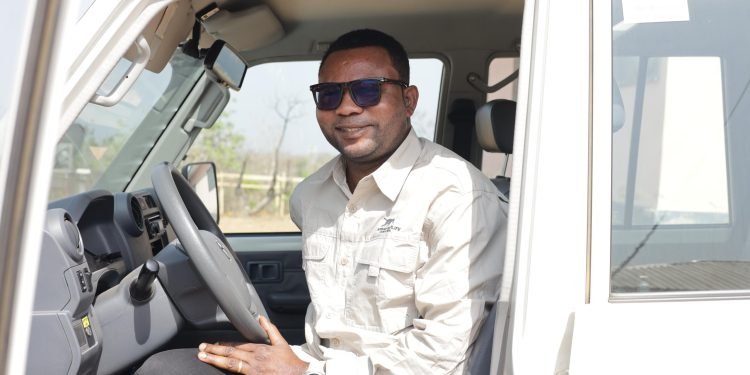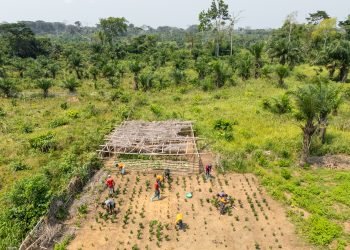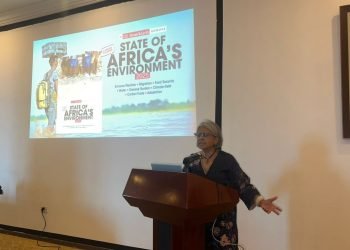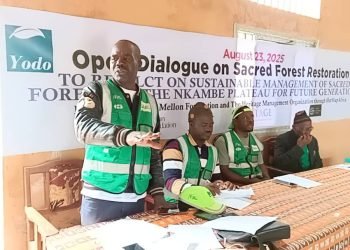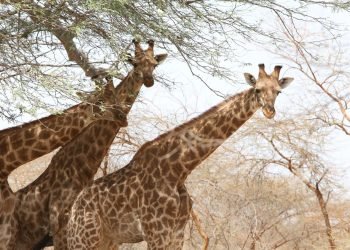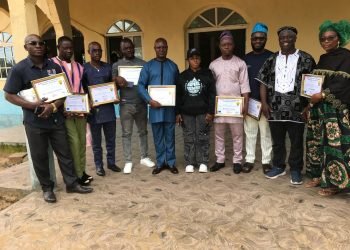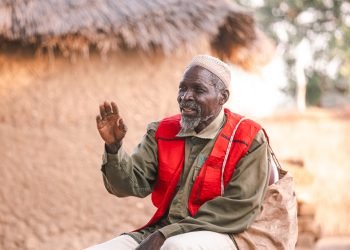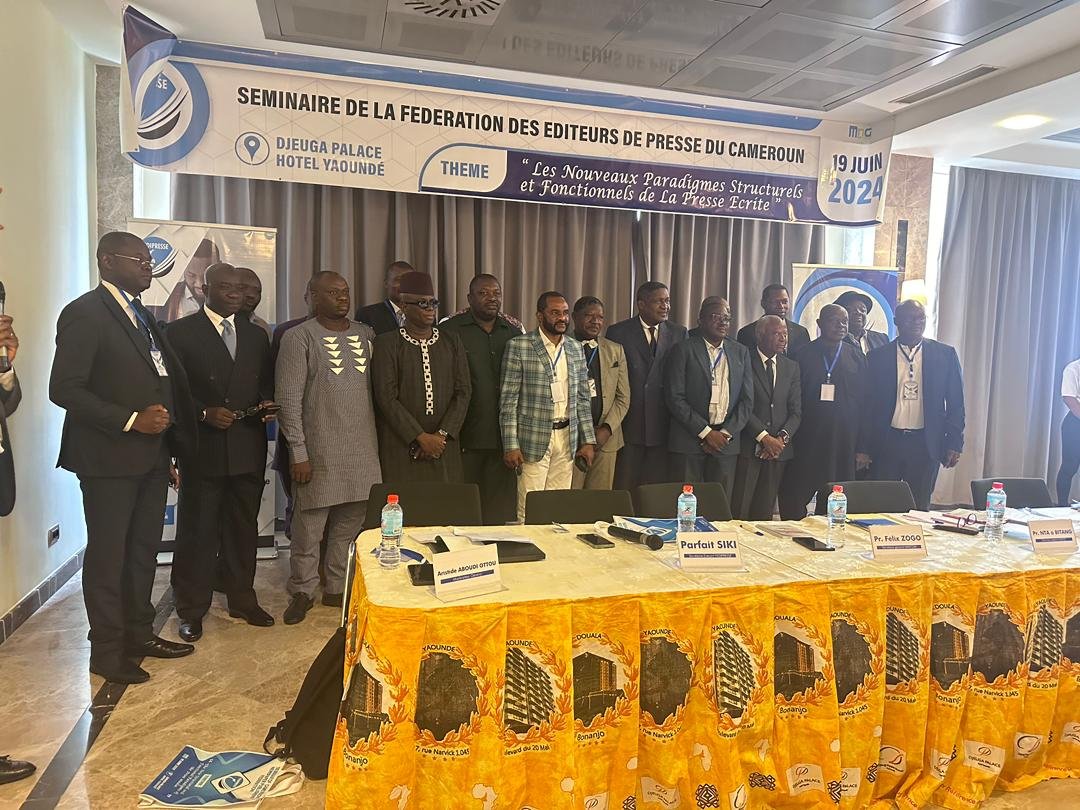Following the publication of a new report that increasing human pressures such as transhumant herders and gold panning are undermining conservation gains in the Faro National Park in the North Region of Cameroon, NewsWatch sat down with Anthony Agbor, Faro Landscape Director at African Wildlife Foundation and one of the researchers who sheds more light on the findings and recommendations.
NewsWatch:What are the underlying reasons for the increase in transhumance in and around the Faro National Park?
Agbor: The rise in transhumance is the result of multiple pressures acting together. Climate change has disrupted rainfall, prolonged dry seasons and reducing pasture and water availability in the Far North. Land degradation—caused by overgrazing, soil erosion, and desertification—has further reduced grazing capacity. At the same time, growing livestock populations and the absence of designated grazing corridors or alternative water points force herders to move into Faro’s savannas and riversides. These dynamics mirror the inter-communal clashes seen in the Lake Chad Basin, where climate-driven scarcity has intensified resource conflicts. Pastoralists aren’t just moving by tradition anymore—they’re moving for survival.
“Pastoralists aren’t just moving by tradition anymore—they’re moving for survival”.
The survey mentions gold panning as one of the threats. Can you tell us about this, including scale/scope and challenges in enforcing no-mining regulations?
Artisanal gold panning is widespread along Faro’s rivers, sometimes involving a large number of miners at peak times. The environmental impacts are severe: mercury pollution, sedimentation, and habitat destruction. Mining camps also serve as bases for poaching. Although Cameroon’s Mining Code prohibits extraction in protected areas, enforcement is difficult in a park covering 330,000 hectares. Patrols often find miners who scatter quickly, and weak law enforcement combined with economic desperation makes it hard to stop the activity. Organised groups are increasingly involved, further complicating enforcement. When we arrive on patrol, miners scatter into the bush—it shows just how hard it is to enforce the law in such a vast, remote park.
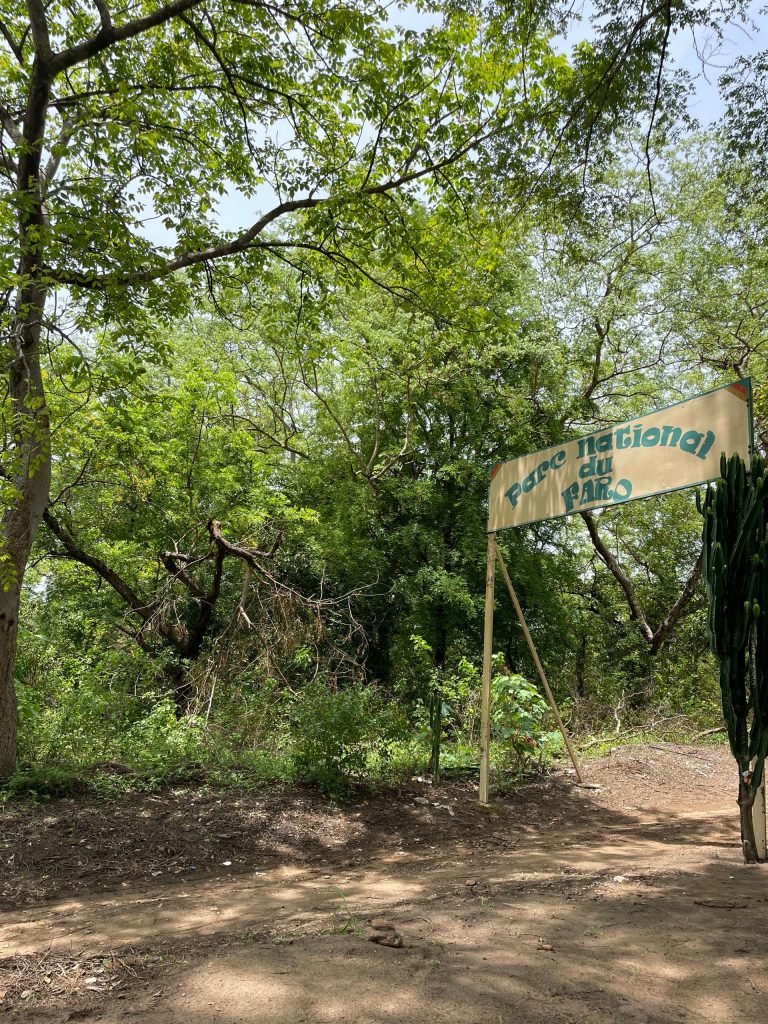
Who is supposed to address these pressures, and what is the likely future for Faro’s wildlife if they fail to?
The Ministry of Forestry and Wildlife (MINFOF) leads enforcement, but addressing these pressures requires collaboration across government—agriculture, water, and climate ministries—as well as with NGOs, local communities, and regional partners. If these efforts fail, the park’s wildlife will face devastating losses. The Kordofan giraffe, whose numbers have already dropped by more than 40% since the 1980s, is on the brink. Lord Derby eland risk losing grassland habitat to overgraze. Elephants and lions remain targets for poachers, and African wild dogs may vanish entirely if corridors close. If the herders take the grass and the miners poison the water, what’s left for the animals? We lose the park, and with it, our soul.
“If the herders take the grass and the miners poison the water, what’s left for the animals? We lose the park, and with it, our soul”.
Besides strengthening patrols and building ecoguard bases, what are the proposed long-term solutions to address both transhumance and gold panning?
Lasting solutions must go beyond enforcement to address root causes. In Faro, we are promoting solar-powered boreholes in buffer zones to reduce incursions, community-led land restoration and reforestation, and livelihood alternatives such as beekeeping, sustainable farming, and ecotourism. Regional cooperation with Nigeria and Chad is also critical to regulate cross-border pastoralist movements. Patrols fight symptoms, but real solutions come when people have other ways to survive outside the park.
Is the local community involved in these conservation efforts, and are there incentives so some of them can be like Papa Gambo who as we reported previously has moved from poacher to hunter?
“Papa Gambo used to take from the bush, now he protects it—and his journey proves to others that conservation can bring pride and livelihoods”.
Yes, local communities are central to our strategy. They are engaged in reforestation, anti-poaching monitoring, and sustainable resource use. Many benefit directly through paid ecoguard roles, revenue-sharing from beekeeping or honey production, and development projects tied to conservation, such as improved access to water and education. The story of Papa Gambo—a former poacher turned conservation leader—has inspired many. His son is now a wildlife law enforcement intern supported through AWF Young Graduate Programme, and mentorship programmes are encouraging more community champions to follow in his footsteps. Papa Gambo used to take from the bush, now he protects it—and his journey proves to others that conservation can bring pride and livelihoods.
Anthony Agbor was interviewed by Ndi Eugene Ndi and first published in NewsWatch newspaper No 217 of Monday, September 1, 2025.

